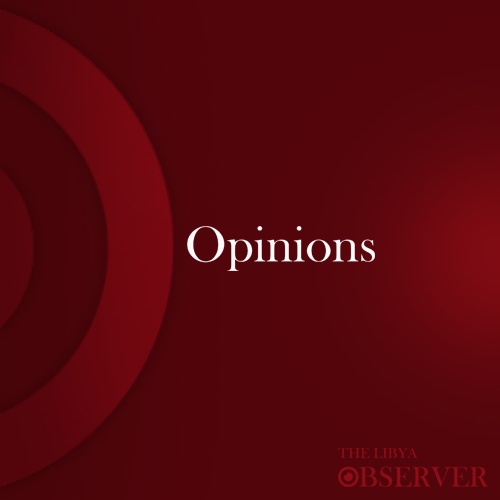By Safa Alharathy, freelancer
The State of Secret Camps

Since the launch of so-called Dignity Operation in Benghazi in 2014, Hafter was careful to follow his old comrade path, Colonel Gadafi. Setting secret camps was one of the first steps towards that path.
Al-Qwefia, Aqeelah and most notorious Qirnada Prison, beside other built under ground in central Benghazi and in other parts of the eastern region, have been accused of committing human rights violations.
Those sent to the secret camps do not even know what crime that are accused of nor allowed to contact their families to inform them where they were been held. Some were sent there upon "guilt by association" - often sons, brothers or even just being from the same tribe.
The commander of the Special Forces in Benghazi Faraj Qaem confirmed in a meeting held by the Awaqeer tribe last June that armed groups affiliated to Dignity Operation have committed acts of torture against detainees held in secret prisons.
"We have 137 assassination case related to torture and killing that took place in secret camps in Benghazi, Suluq and Al-Maraj in the name of the army committed by armed groups loyal to Hafter" he said.
"One of the victims was beaten to death and then thrown in the dumpster in Al-Faydia area by Ahmed Gugour" he added.
Qaem accused Wahby Al-Rukh, a senior officer in one of these camps, of using Bengalis to torture and to cut limbs of inmate prisoners.
Horrifying stories have emerged from those who escaped or been lucky to come out.
Victims including woman and children are thought to be experiencing a living hell inside.
Photos appeared on social media showing two girls under the age of sixteen being arrested by Hafter's forces during the break in at Qanfuda area.
Aman Human Right Organization said it had been unable to restrict the number of detainees in Hafter's prisons due to the out-numbering people thought to be held, in addition to the fear of the families from giving information about their relatives or speaking out.
Disclaimer: The views and opinions expressed in this article are those of the writer, and do not necessarily reflect those of the Libya Observer
